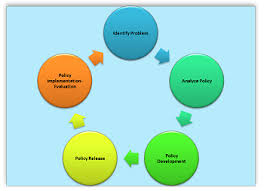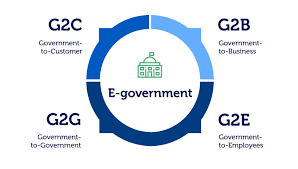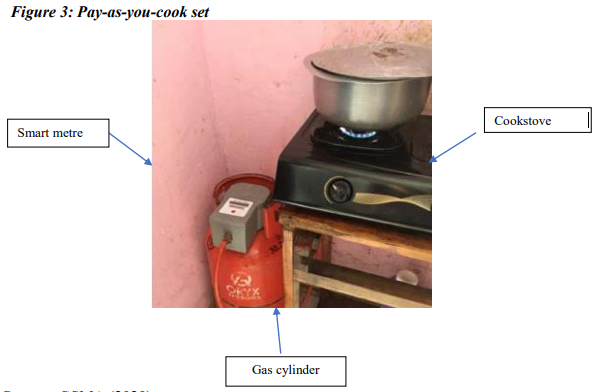Constraints of Public-Private Partnership Framework in Improving the Quality of Education
A Case of Selected Primary Schools in Kilimanjaro Region, Tanzania

Downloads
The government of Tanzania has been utilising the Public Private Partnership (PPP) model to provide primary education since the late 1970s. However, specific constraints must be addressed to improve the quality of primary education in Tanzania through PPP. A study was conducted in the Kilimanjaro region to identify weaknesses and challenges in implementing the PPP framework in the education sector. The study used a cross-sectional approach, collecting quantitative and qualitative data through structured questionnaires and discussions. The study's sample size was 32 teachers randomly chosen from 16 primary schools operated by both partners. The data collected was analysed through content analysis and descriptive statistics. The findings revealed that government officials' inadequate awareness of the potential of the PPP framework was among the significant areas that need improvement. The study also identified that the time for negotiations between public and private partners was the most pressing challenge of the PPP framework. In conclusion, the study recommends that the local and central governments collaborate with private partners to reframe the PPP framework to create a conducive environment, enabling both parties to carry out their roles efficiently and contribute significantly to improving the quality of primary education in the Kilimanjaro region.











